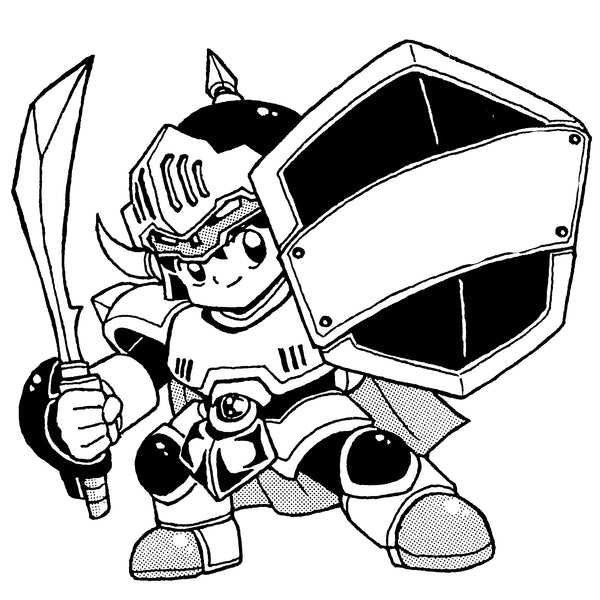**Goal:** Know when simple cleaning stops and **professional repair o r skilled friends** take over.
r skilled friends** take over.
**Time:** 1 minute decision check
**Tools:** Observation, honesty, good judgment
---
## Safety first
- **No live power.** Never troubleshoot while powered.
- **Respect your limits.** If it looks risky, step back.
- **Better safe than sorry.** A working console can become dead if forced.
---
## Situations we do *not* handle at home
- **Cracked PCBs** or broken traces
- **Leaking or bulging capacitors**
- **Melted plastic or burned smell**
- **Loose or snapped connectors**
- **Complex solder joints** (multi-pin chips, power circuits)
---
## Our hand-off rule
- **Basic cleaning:** Dust, exterior, contacts → safe for anyone.
- **Light fixes:** Swap screws, foam pads, or shells → okay if careful.
- **Escalate:** Anything with solder, capacitors, cracks, or liquid damage.
---
## Do / Don’t
| ✅ Do | ❌ Don’t |
| --- | --- |
| Stop when you see corrosion or burn marks | Keep powering on a damaged board |
| Photograph the issue for records | Try to re-solder multi-pin ICs |
| Ask a trusted technician or friend | Guess with random spare parts |
| Store the console in a dry box until repair | Leave leaking caps inside |
---
## Why escalation matters
- Protects the hardware from further harm
- Keeps your safety first (no shocks, no burns)
- Ensures professional parts and tools are used
- Builds trust when you say: “We don’t fake it—we fix it right.”
---
**Performed by:** Shopkeeper
**Last updated:** 2025-09-06
